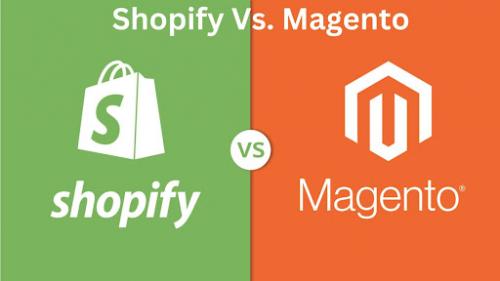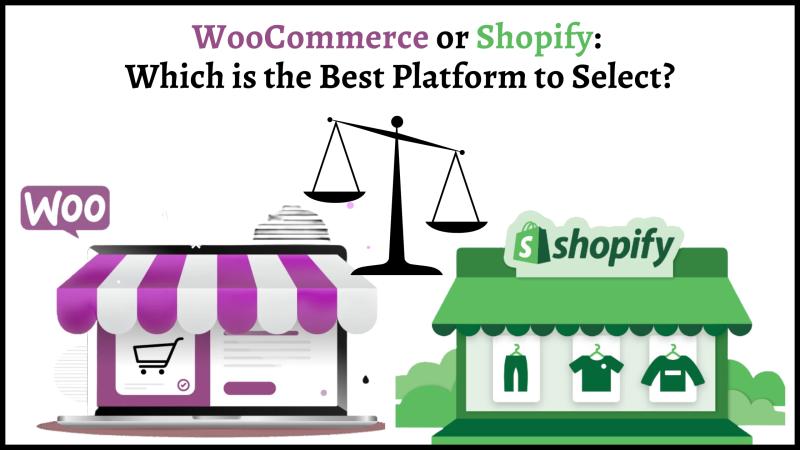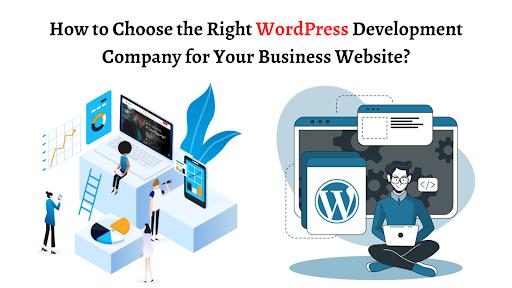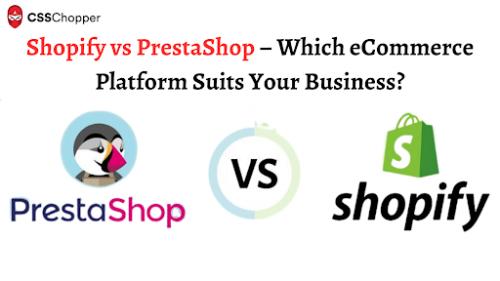Magento Vs. Shopify – Which is the Best for eCommerce Website Development?

When it comes to starting an eCommerce website, the selection of the right platform plays a crucial role. While searching for the right eCommerce platform, two names may pop up in your mind again and again: Shopify and Magento.
Both are popular eCommerce platforms, but with different features. They have their own merits and demerits based on their usage.
Shopify is a proprietary eCommerce platform that is based on subscriptions best suited for small and medium-sized eCommerce websites. On the other hand, Magento is open source and available for free. Also, Magento development services are best suited for large and complex web solutions.
This blog provides a detailed comparison between Magento and Shopify. Check the comparison to determine which is the best option for your project.
Magento VS Shopify
Customization
Based on customization, both platforms offer diverse capabilities. Magento is a more flexible and customizable e-commerce platform compared to Shopify. Magento has a wide range of features and functionalities that are customizable through the use of extensions and themes.
On the other hand, Shopify is more user-friendly but has a shortage of customizable options. However, Shopify has an app store with pre-built apps to extend its functionality.
However, it is important to note that one of the two is more capable platforms. Well, customization on Shopify is usually done through the use of third-party apps and custom code, which can be more expensive in Magento.
Multi-lingual Capabilities
Today, in most cases, eCommerce stores are not limited to a region, they are often spread across the borders. You require a multi-lingual eCommerce website to meet that end. It facilitates the customers to access the website’s services in local languages. Therefore, a multilingual website plays an essential role in reaching every customer.
Both Magento and Shopify have built-in multilingual support and provide similar capabilities. The choice between the two will likely come down to your specific business needs and which platform offers the features and functionality that best meet those needs. Based on your requirement, you can select a platform and either hire Shopify developers or Magento developers to serve your purpose.
Cost
Both platforms come with different pricing plans. Starting with Shopify, it is a platform with no set-up fees, plus you will even get a free trial for 14 days. After the trial period, it charges an amount based on the plan (Shopify Lite, Basic Shopify, Shopify Plus, and Advanced Shopify) you’ve selected.
Conversely, Magento has a few pricing options: Magento open-source and Magento Enterprise. After the takeover of Magento by Adobe, it is rebranded as Adobe Commerce which is paid and comes with highly advanced features. With the open-source version of Magento, no set-up fees are required, as it is free to use. Though it is a free-to-use platform, there are other significant expenses that you will be bearing for an eCommerce website.
Ease of Use
Shopify is a beginner-friendly platform, offering business owners an easier way to start selling products easily. On the other hand, Magento is not as user-friendly as Shopify. But it provides more customization options for the appearance and functionalities of the store.
But, this process is tricky and requires you to be technically sound to develop an online store on this platform. This is where Magento Development company comes into the picture. You can partner with them to build an eCommerce website based on your requirements.
Let’s Conclude It!
It totally depends on your requirements and the type of business you are operating and which eCommerce platform you choose. If you prefer ease of use and simplicity, Shopify is the way to go for. Also, Shopify is best suited for medium-scale businesses.
On the other hand, if you want a tailor-made look and feel for your eCommerce store, then Magento is the right choice for you. Also, it has the capability to serve large-scale business requirements.
So, consider your business requirements before investing in an eCommerce platform.









Comments